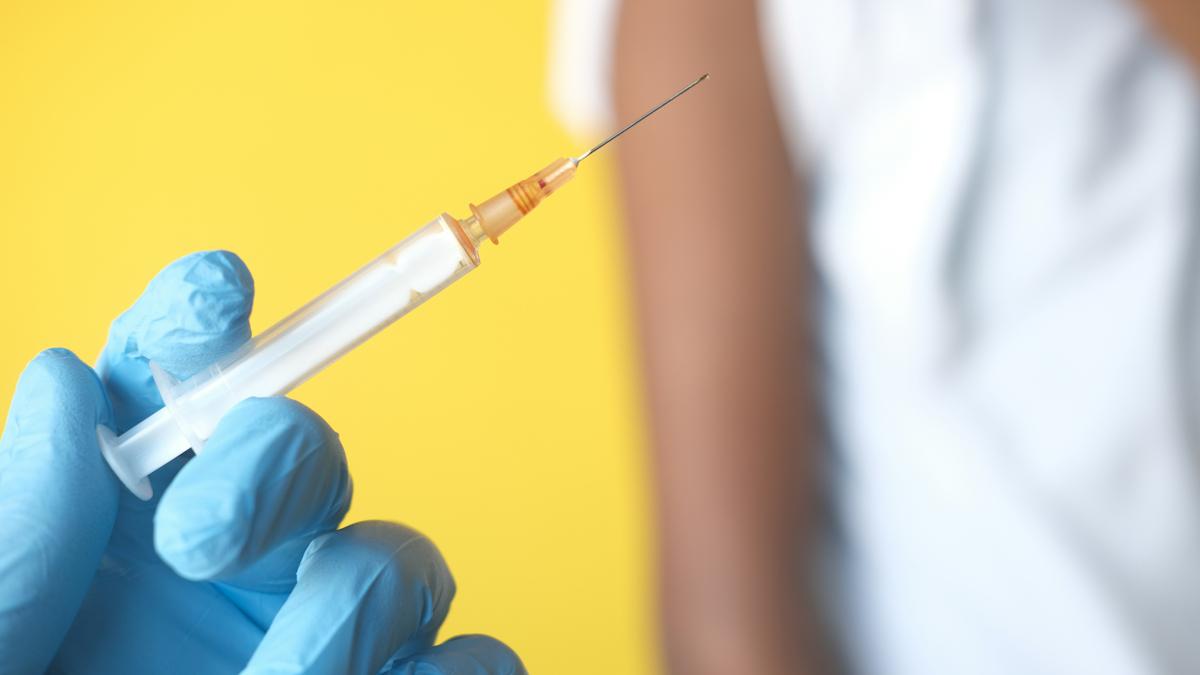Hyundai Bio plans trials of antiviral for dengue fever

South Korea’s Hyundai Bioscience is preparing to start clinical trials of what it hopes could become the first antiviral treatment for dengue fever, a mosquito-borne viral disease that infects millions of people around the world every year.
Hyundai Bio’s drug candidate, Xafty, is a new formulation of niclosamide, used for decades to treat infections caused by parasitic worms and, in recent years, proposed as a potential therapy for viral and bacterial diseases.
Niclosamide’s development as an antiviral has been held back by its low absorption and short half-life, which Hyundai Bio claims to have solved using a proprietary, polymeric drug delivery technology.
The company is aiming to get emergency use authorisation (EUA) for its drug – an early access pathway that came to the fore during the COVID-19 pandemic – after running clinical trials in areas where dengue fever is endemic, including Mid/South America and Southeast Asia.
Candidate countries in the Americas are Puerto Rico and Brazil, while those in Asia include Malaysia, Thailand, Singapore, and Vietnam.
Last year, Hyundai Bio’s US subsidiary agreed to provide Xafty to the US National Institutes of Health (NIH) so scientists could run preclinical testing of the drug as a potential antiviral for use in future pandemics. It has also run a small clinical trial in COVID-19 patients, suggesting it shortened the time to recovery from the infection.
According to the biotech’s chief executive, Oh Sang-gi, Xafty was shown to be effective against all four serotypes of the Dengue virus in, in vitro studies, and also has activity against other mosquito-borne viruses including Zika and chikungunya.
That could be important, as the other viruses can be hard to differentiate from dengue, so treatment could be started before a definitive diagnosis. The current plan is for Xafty to be tested in a “basket” trial across dengue and other mosquito-borne viruses as early as possible after symptoms develop.
Dengue is endemic in more than 125 countries around the world, and according to the World Health Organization (WHO), infects around 390 million people each year and results in 20,000 fatalities.
The disease causes a range of symptoms, including high fever, headaches, joint and muscle pain, and rashes, and in severe cases can result in organ damage and death.
Last month, the Pan American Health Organization (PAHO) said that a dengue outbreak in Latin America, focused on Argentina and Brazil, had caused 3.5 million cases and more than 1,000 deaths from the start of the year to the 26th of March, a threefold increase on the same period of 2023.
Two preventive vaccines have been approved to date – Sanofi’s Dengvaxia and Takeda’s Qdenga – but there is still a need for a drug treatment for patients who contract the disease and develop severe symptoms.
Dengue fever is unusual in that a first infection is rarely serious, but a second can lead to a much more serious form of the disease.
Dengvaxia is only recommended in those who have previously had dengue fever or populations in which most people have been previously infected. Studies showed that it could cause more serious dengue fever in those who had not been infected with the virus before.
Qdenga has been approved for use regardless of prior dengue exposure, so it can be prescribed without the need for pre-vaccination testing.













